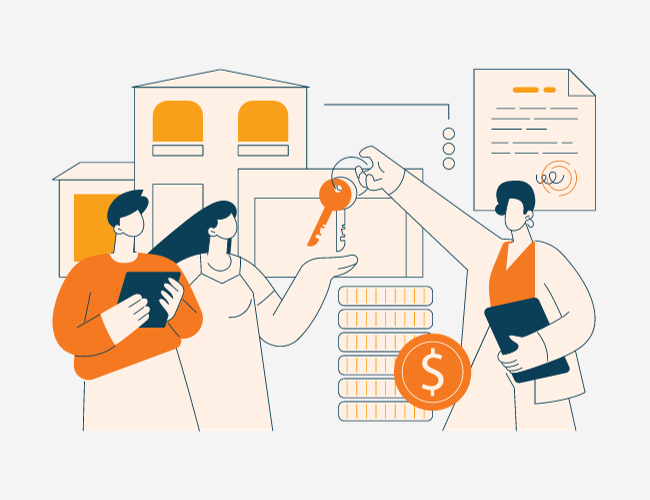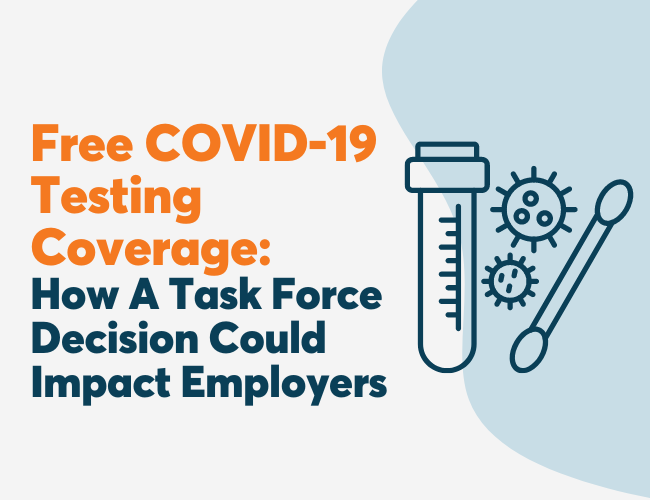As employers focus on ways in which they can continue essential operations, reopen businesses, and implement safety precautions in light of COVID-19, many have questions regarding the legality of employee health checks. Several companies, such as Amazon, have announced that they are implementing mandatory temperature checks for all employees. Other companies are questioning workers about physical health and whether they have tested positive.
Unfortunately, current laws do not explicitly address or anticipate the medical and privacy rights of employees during a pandemic. Instead, the U.S. Equal Employment Opportunity Commission (EEOC) has been updating guidance for employers as this unique situation evolves. Their website explains:
The EEO laws, including the ADA and Rehabilitation Act, continue to apply during the time of the COVID-19 pandemic, but they do not interfere with or prevent employers from following the guidelines and suggestions made by the CDC or state/local public health authorities about steps employers should take regarding COVID-19.
Current rules state that a medical inquiry or exam is permitted if the employer believes the employee could pose a direct threat due to a medical condition. Due to COVID-19, the EEOC has determined it is legal to ask employees if they have the virus or any symptoms relating to it. Temperature checks have also been specifically permitted due to information from the Centers for Disease Control and Prevention (CDC) and other health authorities on the spread of the virus. Since many infected adults present asymptomatically, these precautions were determined to be acceptable during a pandemic situation.
However, it is not permitted to single-out one worker for questioning or exams that are not given to everyone else. In this case, the Americans with Disabilities Act (ADA) requires the employer to have objective evidence that they suspect an employee could have the illness (such as observing a symptom associated with COVID-19 that the employee presents).
For guidance on what questions to ask employees and what symptoms to look out for, the EEOC recommends referring to “the CDC, other public health authorities, and reputable medical sources for guidance on emerging symptoms associated with the disease.” They also note that “additional symptoms beyond fever or cough may include new loss of smell or taste as well as gastrointestinal problems, such as nausea, diarrhea, and vomiting.”
Prioritize Employee Privacy
Employee medical information must be kept confidential. Therefore, an employer cannot disclose the identity of someone with COVID-19 to other workers, customers, or the public. However, this does not excuse a manager from reporting this to the appropriate personnel. Doing so enables the company to take action to keep others safe, including requiring the worker stay home and presenting a doctor’s note before returning to work.
If an employee is resistant to being questioned or having their temperature checked, it is crucial to remind them that, by law, medical information will remain confidential. While it is permissible to keep an employee away if they refuse a health check, it is more productive to understand what concerns the employee. Often, mitigating these privacy worries helps.
The EEOC also discourages asking employees if any of their family members have COVID-19. The Genetic Information Nondiscrimination Act (GINA) prohibits employers from asking employees medical questions about family members. Additionally, it misses the fact that they may have been exposed from someone else. Instead, make the question general to gather the most useful information. From the EEOC’s perspective, “a better question from a public health and workforce management perspective is whether an individual has had contact with anyone who the employee knows has been diagnosed with COVID-19, or who may have symptoms associated with the disease.“
How This Could Change Employer Screenings In The Future
Most likely, these health checks will continue until a vaccine or effective treatment program is available. As coronavirus testing becomes more readily available, businesses may begin to require employees get tested. However, whether or not this is permitted has yet not been determined by the EEOC’s current guidelines. It is important businesses anticipate that these rules may continue to change.
Even before the start of this pandemic, employers and employees have been in many legal battles about whether or not biometric screenings should be allowed by companies. These situations arise when a company requires all employees to go through a medical screening, often in order to get a discount on insurance or to earn a reward through a wellness program. While the EEOC was supposed to provide guidance of the amount of incentives an employer can provide for a screening, they have yet to do so.












